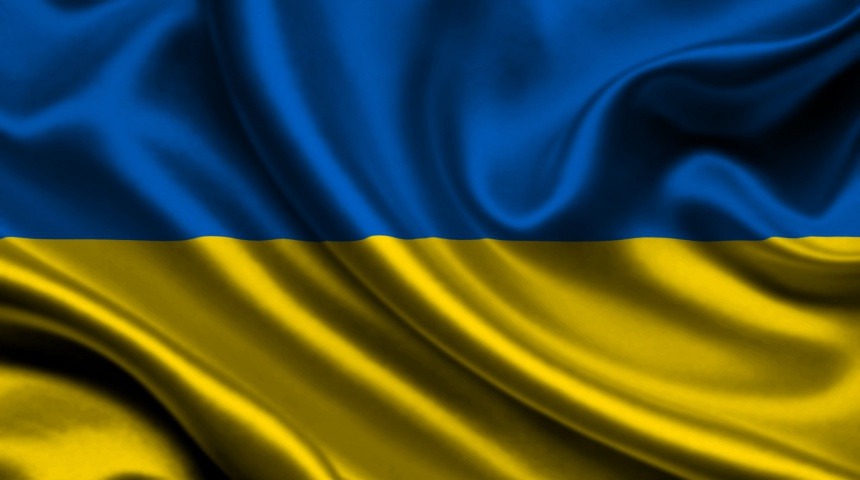Hello! My name is Kyrylo Tomakh, I am a practicing lawyer and co-founder of the law firm DKVA Legal Group. For over 3 years, I have been helping clients protect their rights, find solutions to complex legal situations, and successfully resolve disputes both pre-trial and in court.
1. Regulatory base:
a) Constitution of Ukraine: The Constitution defines the role and functions of the prosecutor as an independent official who ensures compliance with laws in the country. It guarantees the independence of the prosecutor's office and its influence on the observance of law and the rights of citizens.
b) Law of Ukraine "On the Prosecutor's Office": This law establishes the legal principles of the organization and activities of the prosecutor's office, duties and powers of prosecutors. It also defines the procedures and mechanisms for citizens to appeal to the prosecutor regarding violations of the law.
c) Criminal Procedural Code of Ukraine: This law contains norms regulating the activities of the prosecutor in criminal proceedings. It establishes the prosecutor's duties regarding the investigation of crimes, the preparation and conduct of the indictment, as well as ensuring the rights and legitimate interests of the participants in the criminal proceedings.
d) International standards: Ukraine is obliged to adhere to international standards in the field of human rights and justice, including standards related to the activities of the prosecutor's office. These standards establish requirements for the independence, efficiency and responsibility of the prosecutor's office to society.
Of course, here is the extended second part of the legal advice:
2. To whom to contact with a complaint:
You will need consultation
a) To the senior prosecutor: If you suspect criminal inactivity of the prosecutor, you can file a complaint with the senior prosecutor. It can be the Prosecutor General of Ukraine or the highest prosecutor of the region, depending on the circumstances of the case. The appeal can be submitted in writing or in person by appointment.
To understand the expediency of the complaint, order analysis of documents
b) To the internal security authorities: Another option is to contact the internal security department of the prosecutor's office. These bodies investigate violations of the legislation of the prosecutor's office, including cases of prosecutors' inaction or improper performance of their duties. After reviewing your complaint, an official investigation may be initiated.
c) To public organizations: You can also contact public organizations that specialize in human rights activities and the fight against corruption. They can provide you with advice and support in making a complaint, and lead public scrutiny of the investigation into your case.
d) To international organizations: In the event that you do not have confidence in the internal mechanisms for the protection of rights and you see a violation of the principles of international law, you can turn to international human rights organizations or international mechanisms that have competence in this field with a request for the protection of your rights
Of course, here is the extended third part of the legal advice:
3. Participation of a lawyer:
legal analysis of the situation is a comprehensive assessment by a lawyer of your situation
a) Representation in the interests: When filing a complaint about the prosecutor's criminal inaction to higher prosecutorial bodies or internal security bodies, it is important to have the support of a lawyer. A lawyer will provide you with professional legal assistance, advice and prepare the necessary documents for filing a complaint.
b) Preparation of evidence: The lawyer will help to collect the necessary evidence and arguments that confirm the facts of the prosecutor's inaction. This may include legal analysis, preparation of testimony, documentary evidence, and other evidence to support your complaint.
c) Representation in court: If the prosecutor's inaction case goes to court, a lawyer will represent you during the trial. He will act as your advocate, protecting your rights and interests during the hearing of the case.
d) Assistance in discussing possible options for resolving the case: A lawyer can advise you on possible options for resolving the case, including the conclusion of a settlement agreement or other alternative ways of resolving the conflict. It will also provide you with a legal analysis of the risks and benefits of each option.
a legal opinion after receiving all relevant documents can help to understand the situation from all sides.
e) Representation during official investigation: If your complaint leads to an official investigation by the prosecutor, a lawyer will represent you during this investigation. He will provide legal protection and protect your interests during the investigation of your complaint.






























